The Dreaded Menopod – Menopausal Belly Fat
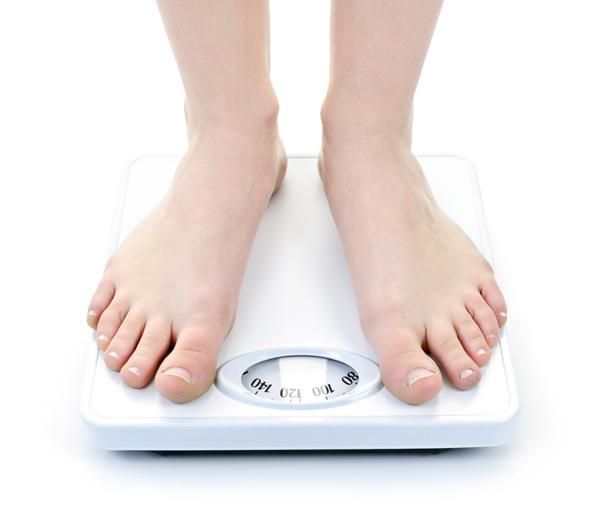 The most common concern I hear from women in their 40’s and 50’s is increased belly fat. It isn’t weight gain that they are mostly upset about but where it’s deposited…right around the belly button.
The most common concern I hear from women in their 40’s and 50’s is increased belly fat. It isn’t weight gain that they are mostly upset about but where it’s deposited…right around the belly button.
Even women that don’t gain weight, see changes in where the fat is deposited. Is it an evil magic trick? I’ve heard it being called the belly bagel, spare tire, jelly center, and my favorite the menopod. Regardless of its name, it’s unwanted and you want to know how to get rid of it. Can you get rid of it or are you doomed to everlasting belly fat increases? Well, let’s break down why it happens and I’ll give you some ideas on what you can do.
Aging
As we age, it is normal to see some weight gain. This is not something unique to women but women do see a larger increase in abdominal fat. In fact, the prevalence of abdominal obesity in women in 2008 was 65.5% for women aged 40-59 years. So you’re not alone in this experience. Many different factors play a role in this. Changing hormone levels, loss in muscle mass, decreased activity level, and increased caloric intake, are just a few.
Estrogen
This is the queen bee of all hormones and sadly, this is the one that you’re being robbed off during menopause. Why is this such a big deal? Because she controls everything!! Estrogen plays a role in endocrine, immune, and neurologic systems. That’s why when it’s taken away, many women feel symptoms ranging from hot flashes to forgetfulness, depression and insomnia. One of the biggest connections of estrogen on increased belly fat is its relationship to cortisol. Ahhh, there it is, one of the biggest baddest buzz words in the health industry right now.
If you believe what you read in headlines, this is the one to blame for everything. If it’s out of control, you lose, but to control it seems impossible. Is it? How is estrogen related to it and how does it play a role in belly fat?
Cortisol deserves an entire article by itself (which will come soon) so here is the condensed version on why cortisol is so important to your menopod.
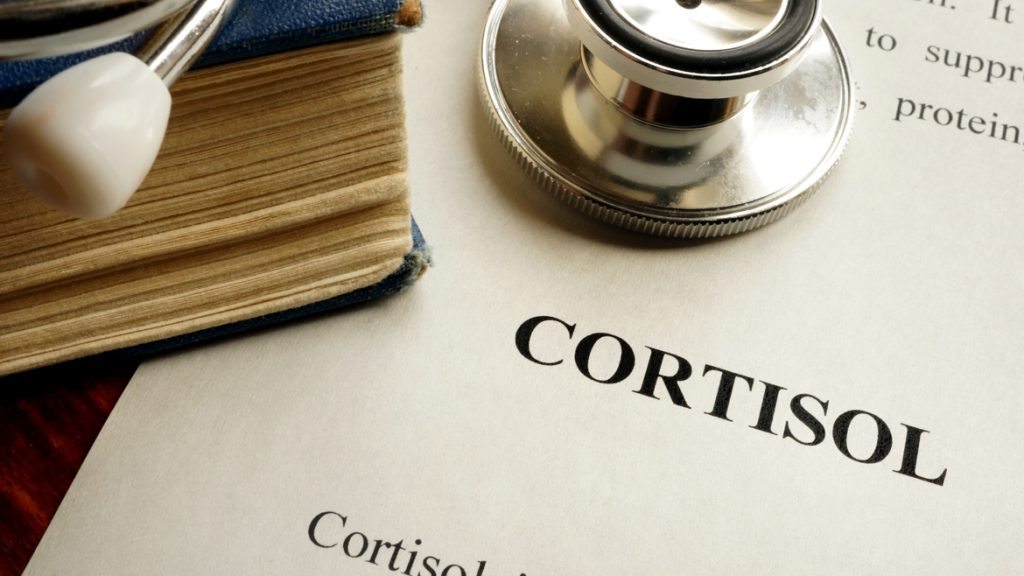 Cortisol is:
Cortisol is:
“Cortisol regulates energy by selecting the right type and amount of substrate (carbohydrate, fat or protein) that is needed by the body to meet the physiological demands that is placed upon it.” (5)
- Energy production, exercising, eating, and under stress.
- This chronic stress can cause excess fat storage deep in the abdomen (visceral fat).
- Deep abdominal fat has greater blood flow and four times more cortisol receptors. That’s why when there is too much cortisol in your body, it goes right to your belly.
- It naturally is higher in the morning when you wake up and tapers down as the day goes on.
- When the body remains under constant stress, cortisol levels remain high regardless of time of day.
Estrogen – Cortisol Connection
Estrogen has anti-cortisol properties, which helps the body counteract some of the negative effects of cortisol. So as estrogen starts disappearing, so do its cortisol-fighting superpowers. This means that if your body was able to handle some of the excess day-to-day stress before, it may not be able to handle it quite as well now, which translates into excess belly fat.
What can you do?
Chill out!!
- This is the most important thing you can do
- Eliminate little, unimportant things that drive you crazy. This is unnecessary stress.
- In my case, every time I feel like getting stressed out over some inconsiderate driver on the road, I say to myself “menopod alert, menopod alert…not worth it!!” It helps 🙂
- Stress will always be a part of life. Learning how to cope with it, is essential to controlling weight gain, belly fat, and overall health and well-being.
Resistance training
- Don’t wait!
- It is easier to maintain than to try and lose weight during menopause
- Nobody knows exactly when menopause starts. It can be as early as mid-30’s to late 50’s.
- Being active before midlife has advantages as it can contribute to entering menopause with lower BMI, higher bone density, lower fat mass, higher lean body mass.
Muscle mass decreases with age for every person, not just women. However, this decrease is accelerated in women as they transition through menopause.
 Mindful exercises such as yoga, Tai Chi, meditation.
Mindful exercises such as yoga, Tai Chi, meditation.
- It can help with stress reduction as well as other psychological symptoms, such as anxiety and depression
Eat healthy and adjust your caloric intake to your energy output.
- If you’re not working out as much as you did before, you can’t eat like you did
As we age, we are faced with many physical changes that affect us not only physically but also psychologically and emotionally. As women, those changes are exacerbated during menopause. Understanding these changes is a key factor in being able to overcome these challenges and transition happily through menopause. In regards to increased belly fat, you must remember that weight gain doesn’t happen overnight and it doesn’t start with menopause.
Don’t wait until you’re unhappy with your body… live healthy now!
Exercise, eat well, find a good balance between work and personal life, and enjoy the smaller things in life. Most importantly, don’t let inconsiderate drivers give you a menopod! 🙂
Have a comment or question? Tweet me @doctorluque
Republished with permission from doctorluque.com
Dr. Maria Luque is a health educator and fitness expert that specializes in helping women take charge of their own wellness. A native of Germany, she pursued a career driven by a passion for health and fitness. Dr. Luque currently teaches at the College of Health Sciences at Trident University International, in addition to conducting workshops, group/personal training, and writing. She’s an IDEA Fitness Expert and has been published in the IDEA Fitness Journal as well as appeared as a guest at local news channel to talk about quality of life and menopause. Visit her website, doctorluque.com
References
- Davis, et al. (2012) Understanding weight gain at menopause. Climacteric 15;419-429. doi: 10.3109/13697137.2012.707385
- Sammel, et al (2003). Weight gain among women in the late reproductive years. Family Practice, 20: 401-409. doi: 10.1093/fampra/cmg411
- Lovejoy, J. C., Champagne, C. M., De Jonge, L., Xie, H., & Smith, S. R. (2008). Increased visceral fat and decreased energy expenditure during the menopausal transition. International Journal of Obesity, 32(6), 949-58. doi:http://dx.doi.org/10.1038/ijo.2008.25
- Epel, E. S. (1997). Can stress shape your body? stress and cortisol reactivity among women with central body fat distribution. (Order No. 9930948, Yale University). ProQuest Dissertations and Theses, , 96-96 p. Retrieved from http://search.proquest.com/docview/304388219?accountid=28844. (304388219).
- Maglione-Graves, C., Kravitz, L., Schneider, S. (no date). Cortisol Connection: Tips on Managing Stress and Weight. http://www.unm.edu/~lkravitz/Article%20folder/stresscortisol.html


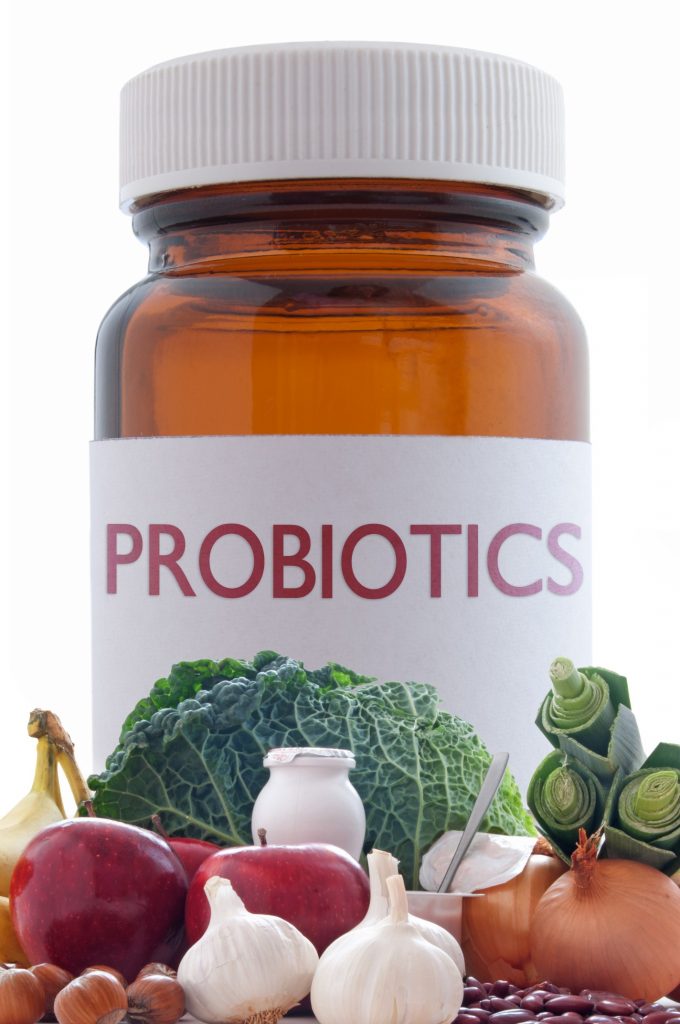 Probiotics:
Probiotics: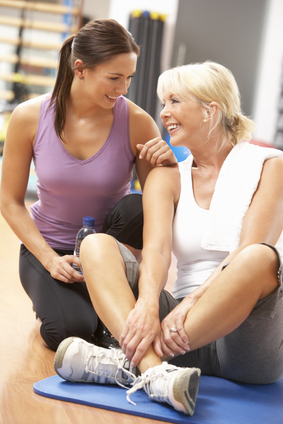
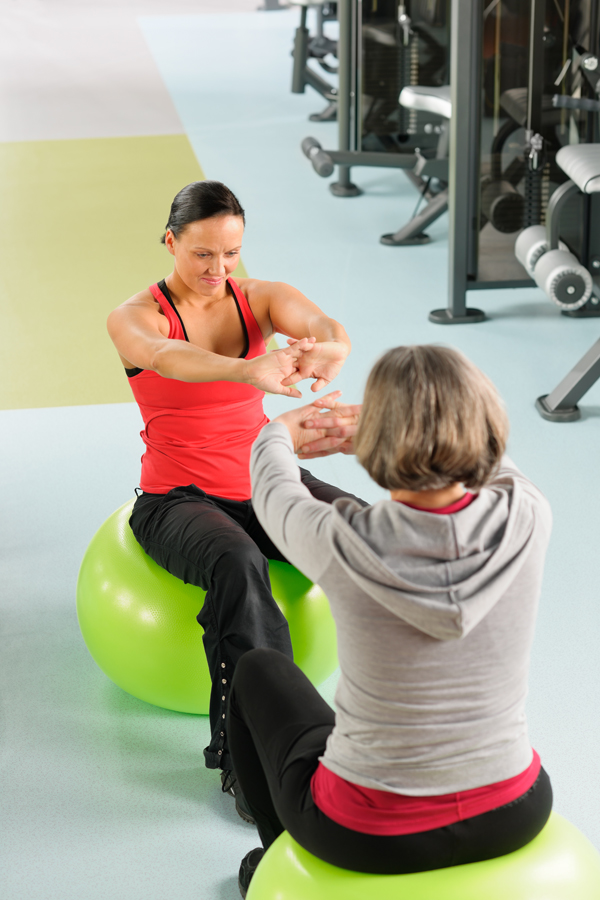 It’s not quite that simple, although most things you will read will tell you that any form of physical activity is helpful. There is a lot of truth to it. Physical activity at any age is beneficial and for women during mid-life exercising carries additional substantial health benefits. The menopausal transition is associated with many health risk factors such as increased risk for cardiovascular disease, osteoporosis, decreased bone mineral density, metabolic syndrome, and musculoskeletal symptoms. Exercise prescriptions for those health risks are the same as for non-menopausal women.
It’s not quite that simple, although most things you will read will tell you that any form of physical activity is helpful. There is a lot of truth to it. Physical activity at any age is beneficial and for women during mid-life exercising carries additional substantial health benefits. The menopausal transition is associated with many health risk factors such as increased risk for cardiovascular disease, osteoporosis, decreased bone mineral density, metabolic syndrome, and musculoskeletal symptoms. Exercise prescriptions for those health risks are the same as for non-menopausal women.
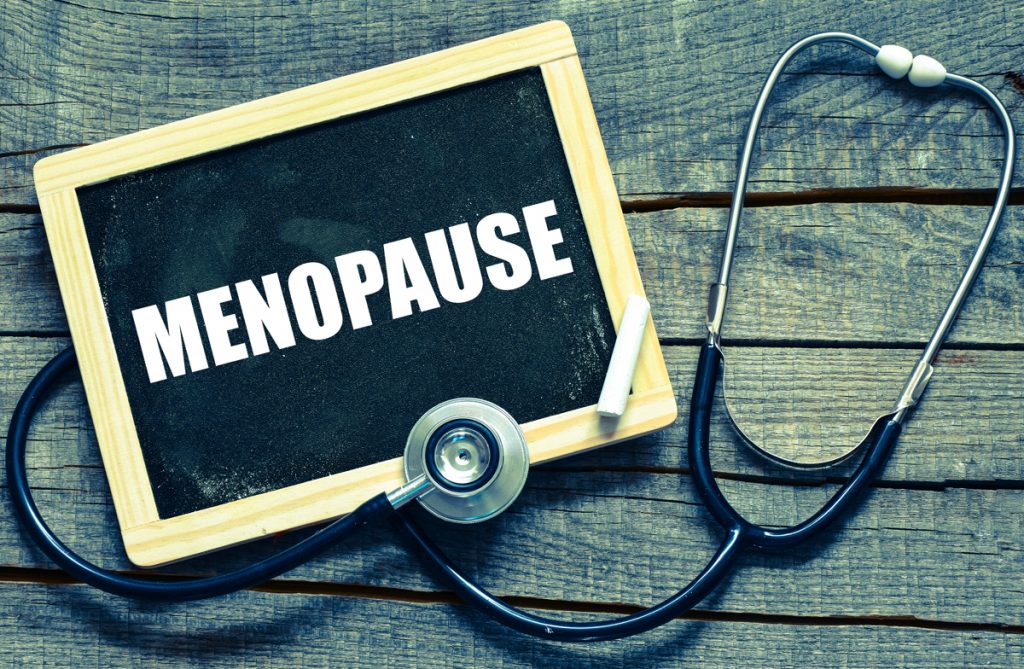
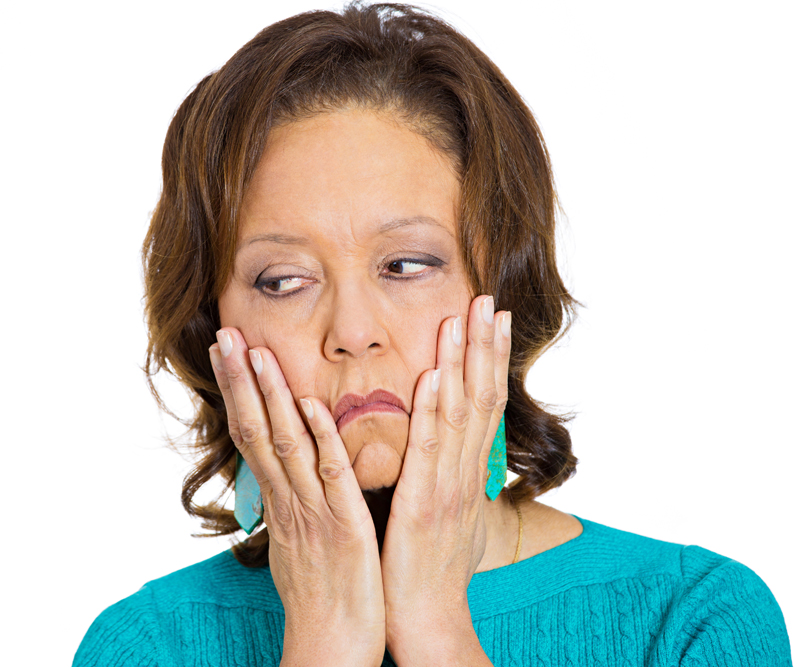 Symptoms – oh no!
Symptoms – oh no!